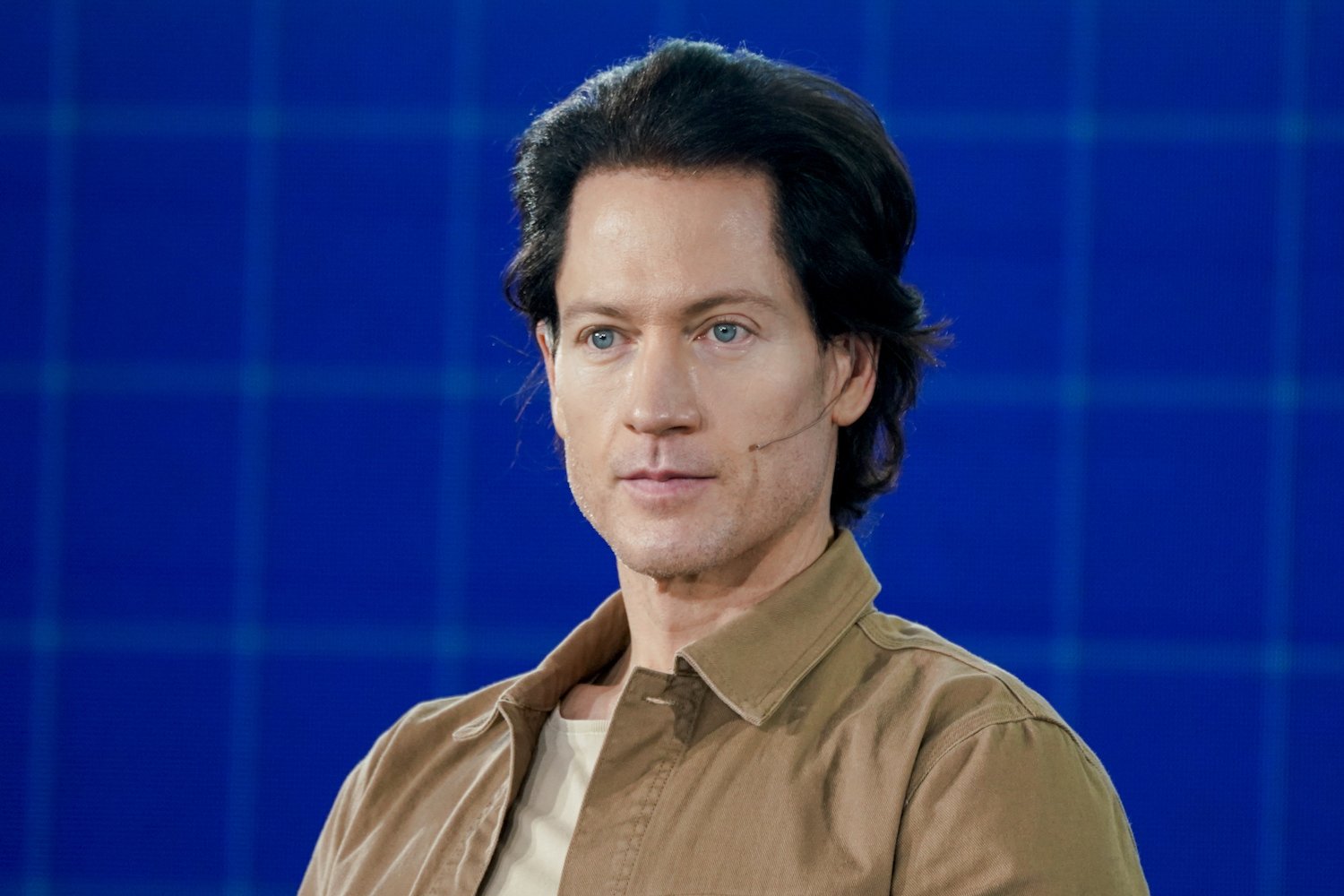Summary
Bryan Johnson, a 46-year-old tech multimillionaire focused on anti-aging, stopped using rapamycin—a supplement he took for five years—after research suggested it might accelerate aging.
Johnson cited side effects like skin infections and glucose issues, as well as findings from a recent study showing rapamycin could worsen epigenetic aging.
Known for extreme anti-aging experiments, Johnson also created the health startup Blueprint, which markets pricey supplements.
His controversial methods, including teenage blood transfusions and genital shock treatments, have raised skepticism about their effectiveness and safety.



For most of the time since the start of the Scientific Revolution, the way this guy does research was the standard way that research was done. Controlled clinical trials certainly have an important role in the development of new medicines, but they’re slow and expensive. They aren’t good tools for quickly trying out a lot of very speculative ideas. I expect that if a powerful anti-aging technique is discovered, it will be used for self-experimentation years before a clinical trial.
A couple of caveats: first, I think that a powerful anti-aging technique is probably not possible with today’s technology or the technology of the near future. Second, I think the self-experimentation is more likely to be done by a scientist in an academic lab studying senescence than by someone doing research outside of academia.